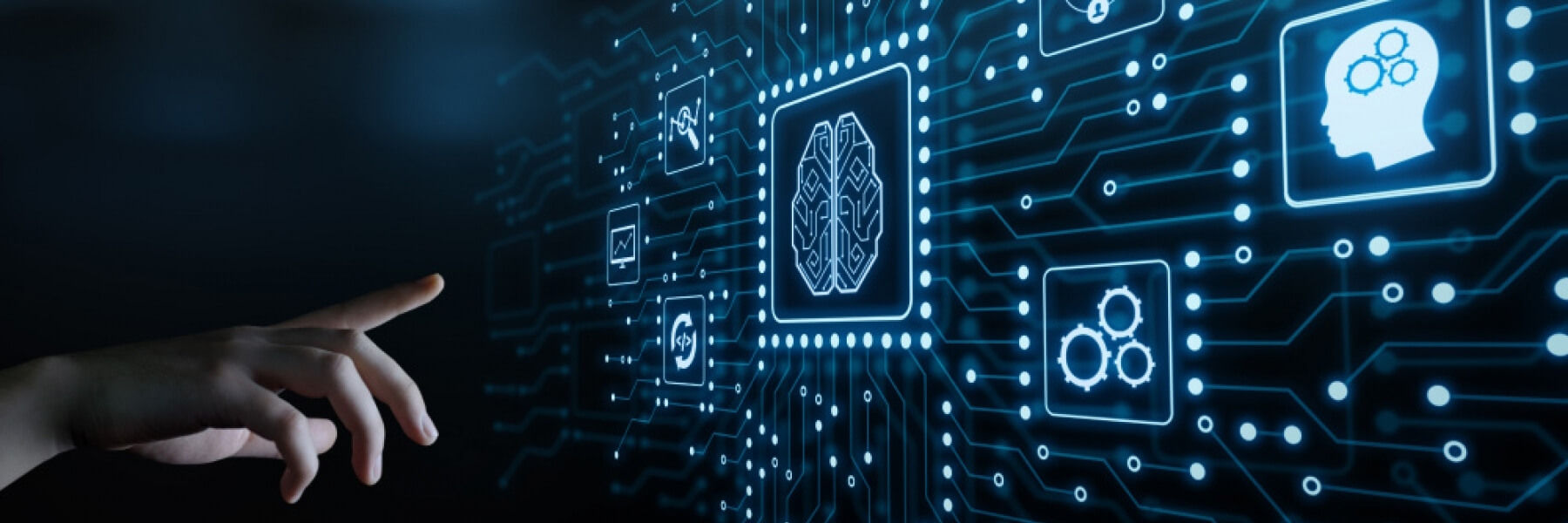Machines aren’t learning about me, are they?
The truth is YES, THEY ARE. If you shop online, use any social media channels or use those handy auto shop scanners, or self-checkout machines, when you go to any large supermarkets to save you time, then machines and AI are learning about you every day!
I’ve been musing over all the different ways my life is already interacting with machines day to day and this then sparked a bit of research as to what the future might look like for me and for us all.
In what ways does technology make our life experiences better, transactions quicker and enrich our online interactions?
My last blog spoke a bit about the human side of machine learning and how embracing it could mean people will be able to guess less and focus more. But if you think about it, humans already spend a lot of our lives learning and classifying, just in a slightly different way to he machines.
How humans classify based on data
Think back to when you were a child and how you built your own version of classification to keep you happy and safe. You'd use the various "data points" you’d been fed, to make choices in your life. Your parents might tell you to not touch the oven when it's hot, or hold their hand and wait for the green light before you cross the road.
You might have a negative experience with a local stray dog, which then causes you to classify all dogs as dangerous and you may still be scared of them today. Or watching those first few scary movies when you are a teenager could mean you now avoid all clowns like your life depended on it!
On a more positive side, you might get a thrill from the first few running races you take part in at school or realise you get a little thrill when you get a sum right. Classifying these things as ‘fun’ and, ultimately, those experiences or ‘classifications’ have more than likely led to your choice of career or favourite sport in adulthood.
And what about the machines?
If you think about it, the way machines learn and classify isn’t all that different to how we do it as humans, just with much less emotion and potential bias.
There are hundreds of examples I could give but here are just a few:
- Netflix uses ML to guess your mood and recommend the movies or series that you’ll be most interested in.
- Ever used Tinder? Well for all those who have found a Hot Match, thank you machine learning!
- Amazon is another great example of how machines can learn the products, books and other goodies that might appeal and cause you to purchase more
- You can even point your camera at a menu in another country and see the choices in your own language via the Google Translate app.
Much of our day-to-day technology is powered by AI and machine learning, so there’s no reason why the successes of ML in our personal worlds can’t be translated through to our lives at work.
Machine learning is like a dictionary
Think of it like the difference between a heavy old 1980’s dictionary tome which you had zero chance of ever reading back to back, compared to the online dictionary and spell checker programmed into all your office programmes: It seems like second nature but you now have the entire dictionary at your fingertips.
That’s old school machine learning: Working WITH humans to get the right outcome. Nowadays its about feeding the machine with as much information as possible and watch it support your businesses information management and make you more secure to boot.
Leading organisations are already using machine learning-based tools to automate decision processes and to support digital transformation.
It’ll be the biggest disruptor in the next few years and will definitely impact every workplace by:
- Enhancing customer service by learning from both past and current interactions,
- Helping companies hire the right people based on CV language analysis and removing human bias,
- Detecting fraud by spotting things that humans might miss, and/or
- Identifying challenges and issues in processes or ways of working.
Machine learning is here to stay and it will rock our world
If you could feed the machine thousands of examples of documents or e-mails that were standardly used in your business, it could easily use the ‘knowledge' gained from this data to help you classify correctly and even teach you when you aren’t sure. It doesn’t remove the need for human decision making, which will always be needed. It gives you a view of how thousands of other documents have been classified before.
You can save big bucks by using machine learning to simplify ways of working or spotting needed changes to systems or processes. Because when you put great information in, you get great results out and could save thousands of people hours in your organization.
Machine learning is making tasks easier in our personal lives and increasingly in our professional lives as well, especially around data protection. Keep watching – the best is certainly yet to come.
*****
Charlie Drake has had a diverse management career covering internal communications, employee engagement, leadership management, culture change and CSR. She’s developed a strong reputation as a creative leader who always makes a difference. She’s had roles at Aviva, Vodafone, Virgin Media and others where she’s turned complex strategies and processes into tangible, understandable stories for employees.
